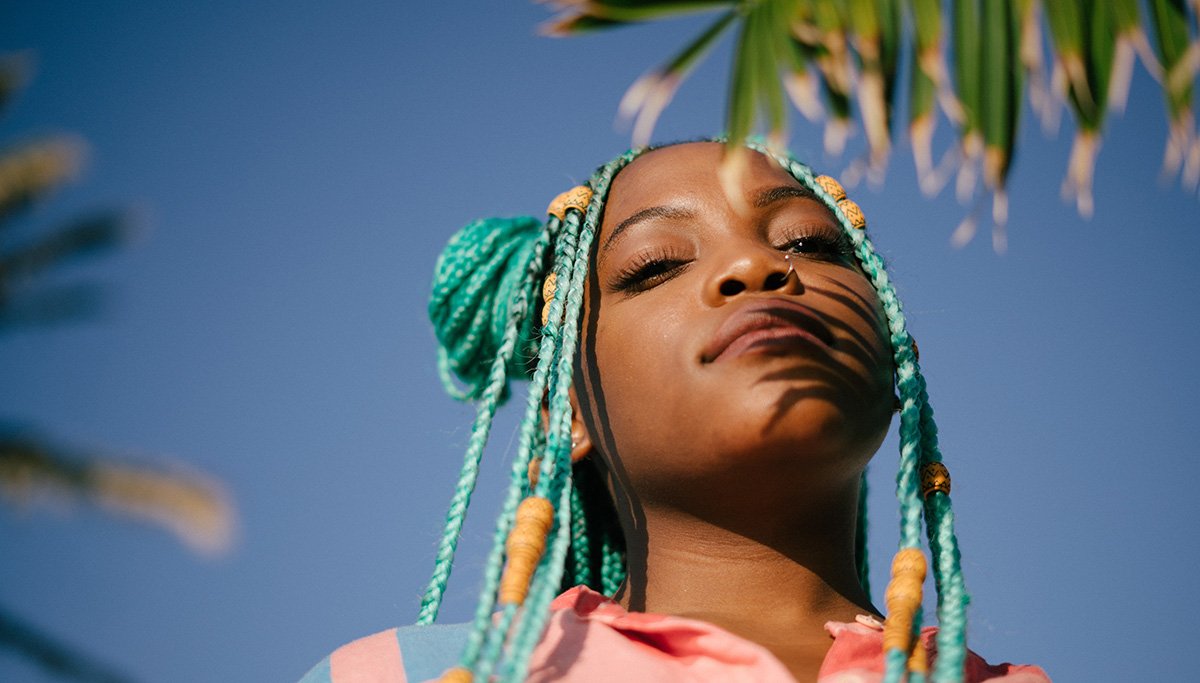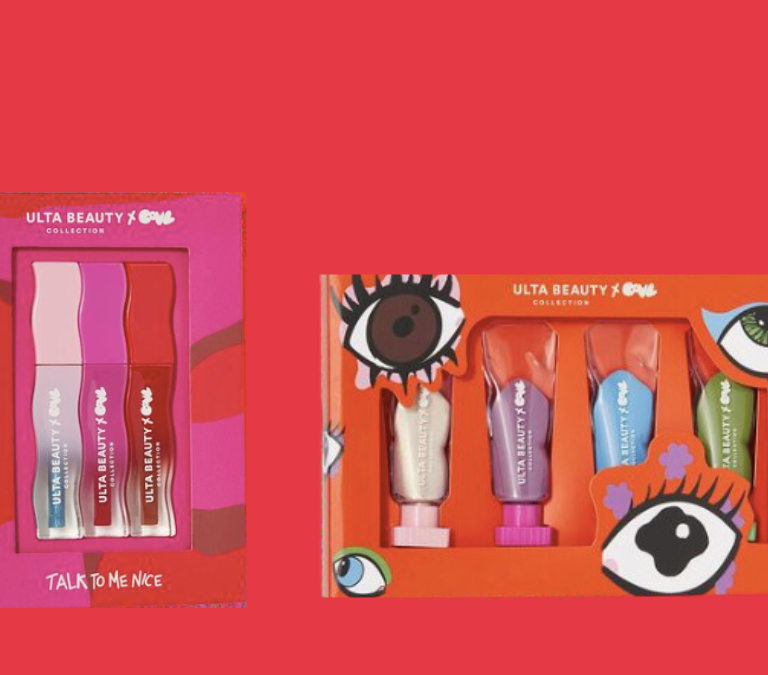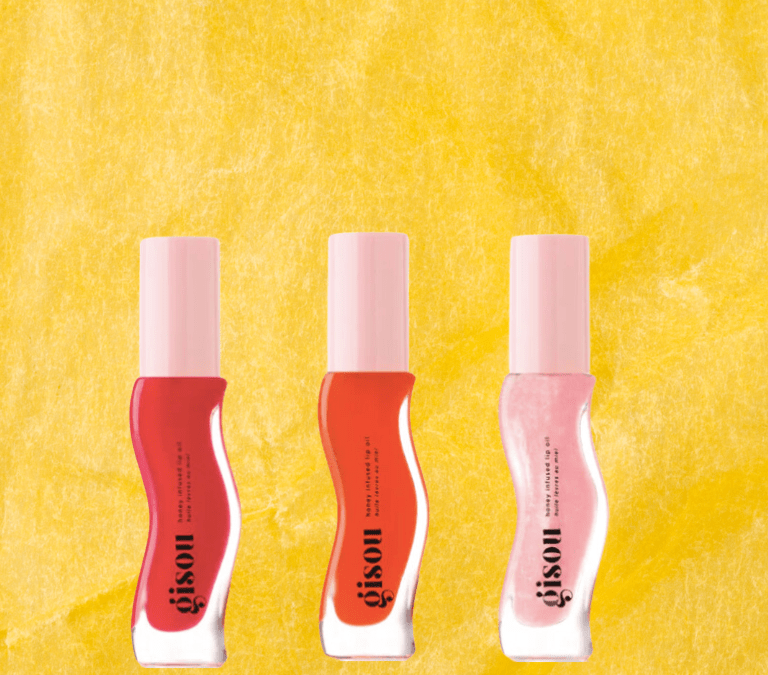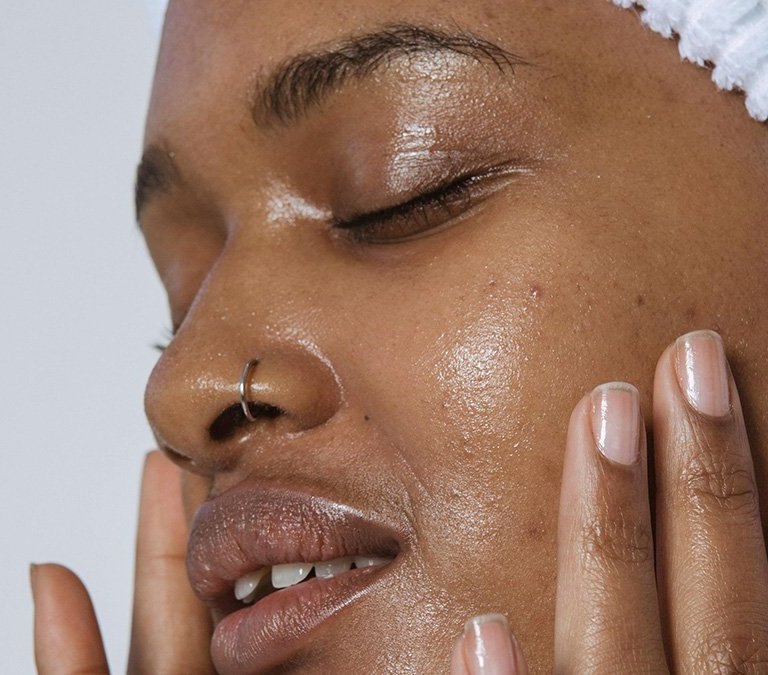
No matter how melanated or not your skin is, one thing always holds true: the only way to truly protect yourself from skin cancer is to slather on the sunscreen. Somewhere along the way, a misconception came about that people with darker skin tones are protected by having more melanin. However, recent studies show that skin cancer doesn’t discriminate and it can occur in all populations, regardless of skin color. Also, the relationship between pigmentation and photoprotection is far more complex than assumed.
So, let’s explore why you should use sunscreen regularly even if you have darker skin:
Skin Pigment Doesn’t Guarantee High Protection
Yes, melanin (the pigment on your skin) can have a shielding effect of melanin against the sun due to its ability to serve as a physical barrier that scatters UV radiation and reduces the penetration of UV through your skin. However, the efficacy of melanin as a sunscreen is assumed to be about 1.5.5–2.0 sun protective factors (SPF), possibly reaching an SPF 4, which is really low compared to the typical SPF values found in sunscreen products.
The Sun Can Cause Unwanted Hyperpigmentation
Hyperpigmentation is a condition in which the skin produces melanin in dark spots and patches, resulting in uneven skin tone. Because people with dark skin have a higher population of melanocytes (cells on your skin that produce melanin), they also have a higher chance of developing hyperpigmentation after UV exposure without protection.
[SEE ALSO: Missy Elliott’s Best Beauty Moments]
A Late-Stage Skin Cancer Diagnosis Can Occur
Melanoma, the most serious form of skin cancer, is much more common in caucasian skin, however, skin cancer is often detected at later stages in those with darker skin. This means, their cancers are less likely to be treated successfully. For example, a recent study revealed that only 67% of dark skin patients survived five years after diagnosis, compared to 92% of white skin patients. Skin cancer is not harder to detect in people with dark skin. It’s due to lack of awareness among patients and the fact that they’re less likely to go for regular skin checks, along with the fact that the cancers develop in unusual locations, makes early detection less likely.
Yes, We All Need Sunscreen
While melanin offers some protection against sun damage and reduces the chances of sunburn, darker skin can still burn, and anyone can develop skin cancer.
Three Sun Safety Tips
Choose a broad-spectrum sunscreen that protects against both UVA and UVB rays, with an SPF of 30 or higher. Apply enough sunscreen to cover all exposed areas of your skin and remember to reapply it every two hours or after sweating or swimming.
When outdoors, wear protective clothing and stay in the shade whenever possible, especially between 10 a.m. and 4 p.m.
Also, don’t forget to self-examine your skin. Check for any skin changes, especially in those areas where the skin’s pigment is lighter, like the soles of the feet, inside the mouth, and the palms of the hands.
So remember. It’s simply not true that people with darker skin tones are immune to the damaging effects of UV radiation. Make sunscreen an essential part of your daily skincare routine. Your skin will thank you in the long run!



